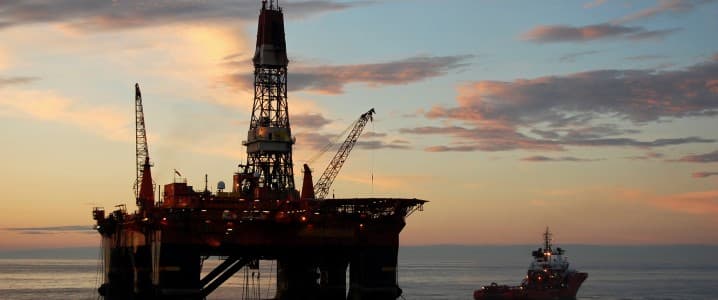
“There was only one major development consent for the whole of the North Sea last year. I don’t fundamentally think that’s a sustainable position,” Roddy told Bloomberg.
According to Shell’s executive, the UK will continue to need oil and gas, and the more it gets domestically, the lower volumes, likely from higher-emission sources, it would import.
Two weeks ago, Shell took the final investment decision (FID) to develop the Jackdaw gas field in the UK North Sea, following regulatory approval earlier this year.
“Investments like Jackdaw are consistent with the UK’s North Sea Transition Deal and Shell’s Powering Progress strategy, providing the energy people need today while serving as the foundation for investments in the low carbon energy system of the future,” said Shell Upstream Director, Zoe Yujnovich.
Shell plans to invest $24 billion-$30 billion (£20 billion-25 billion) in the UK energy system over the next 10 years, with more than 75% of this intended for low and zero-carbon products and services.
Investment in the North Sea’s oil and gas has been a hot topic in the UK in recent months after the UK government announced at the end of May a 25% Energy Profits Levy, commonly referred to as a “windfall tax”, as part of a package to ease the cost-of-living crisis stemming from huge rises in household energy bills.
The move has long been opposed by the industry, which argues that a windfall tax would add uncertainty to the UK tax regime and hit new investments in the UK North Sea at a time when the UK grapples with reducing reliance on foreign imports of oil and gas and soaring energy bills.
As the windfall tax became law, the industry’s leading trade body, Offshore Energies UK, said in July that “New laws imposing £5 billion of new taxes on the UK’s offshore oil and gas operators risk driving away investors and undermining the nation’s future energy supplies.”